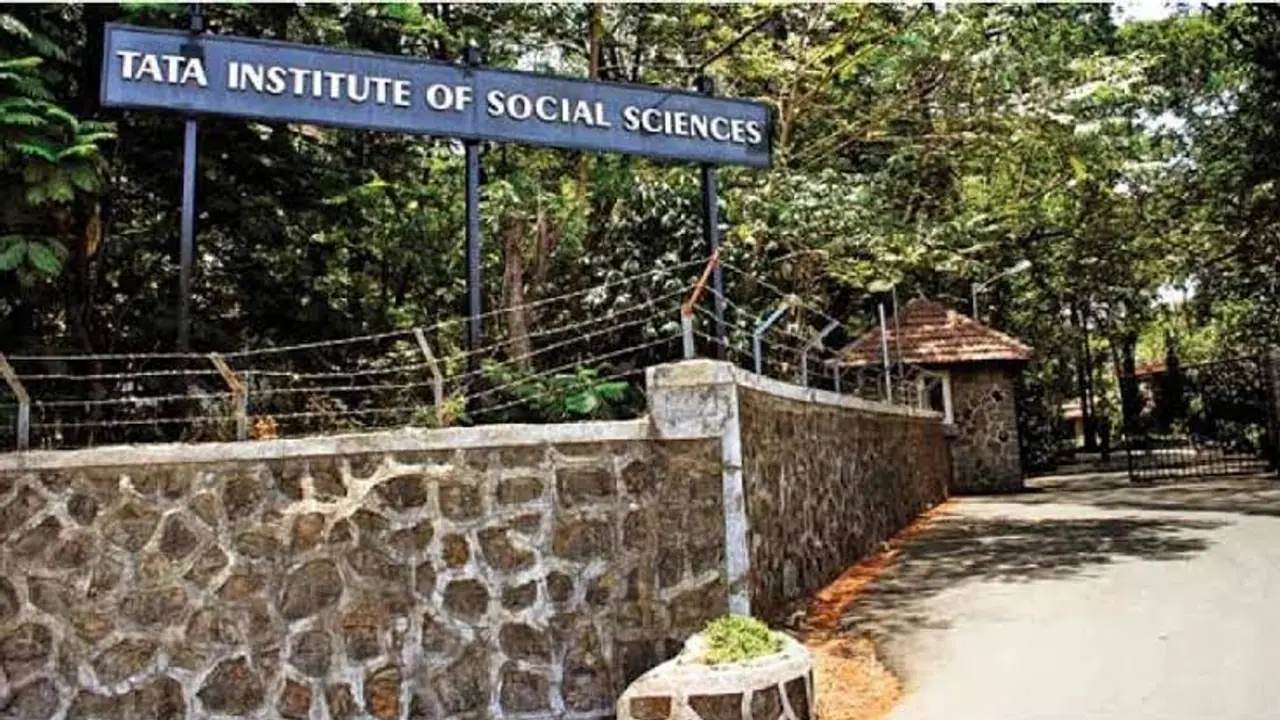The Tata Institute of Social Sciences (TISS) revised honour code warns that violations could result in strict punitive measures, including expulsion.
The Tata Institute of Social Sciences (TISS), renowned for its pioneering work in social sciences and social work education, has found itself at the center of controversy following the introduction of a revised 'honour code' that students are required to sign this year.

The pledge, which has raised concerns among both students and alumni, prohibits participation in "political, anti-establishment, unpatriotic discussions, demonstrations, dharna, or any form of activities that disturb the academic environment of the institute."
The code further warns that violations could result in strict punitive measures, including expulsion.
"I would not indulge in any political, anti-establishment, unpatriotic discussions, demonstrations, dharna or any form of activities that disturb the academic environment of the institute. I understand that any infringements would attract strict action against me," the honour code reads.The introduction of this revised code has reported prompted a wave of unease on campus, particularly in light of recent events that have already placed TISS under the spotlight.
Earlier this year, the institute banned the Progressive Students' Forum (PSF), a student collective active for over 12 years, labeling it as "unauthorized" and "illegal." This decision followed the unofficial screening of a banned BBC documentary in January, which had also drawn criticism.
The implementation of the new honour code coincides with a significant shift in the governance of TISS. Earlier this year, a new Memorandum of Agreement (MoA) was signed, bringing the Tata Institute of Social Sciences (TISS) under the jurisdiction of the Union Ministry of Education, a shift from its prior management by the Tata Trusts. This transition occurred after a central government directive mandated that all institutions receiving over 50% of their funding from the Centre be placed under its control. Consequently, the TISS Society, now chaired by the Union Education Minister, has assumed governance of the institute.
The timing of the honour code revision has raised eyebrows, particularly in light of the suspension of Ramadas K S, the former general secretary of the PSF. Ramadas was suspended in April for two years for allegedly participating in "unlawful" and "anti-national" activities. His suspension is currently being contested in court, and some students believe that the recent changes to the honour code may be a reaction to this development.
"How can an institute's honour code precede constitutional rights?" a TISS student was quoted as saying in a Times of India report, reflecting the concerns of many on campus. The student further pointed out that the honour code has become increasingly stringent with each passing year and suggested that its validity should be legally challenged. This year's code is notably more severe, with explicit language stating that the undertaking is "legally binding" and that violations could lead to expulsion.
The revised honour code has also drawn criticism from prominent TISS alumni, including Medha Patkar, a respected social activist and former student of the institute. Patkar expressed her concerns, stating that the imposition of such stringent rules on students would not resolve the underlying conflicts between the administration and the student body but would likely exacerbate them.
"Students and alumni should appeal to the administration for more dialogue," Patkar was quoted as saying in the TOI report. "The code that students have been asked to sign is also against basic constitutional rights. TISS alumni are known for their work in peace and non-violent work in society. They can act as mediators between the institute and students too."
As TISS continues to navigate this period of transition, the introduction of the revised honour code has sparked a broader debate about the balance between institutional regulations and constitutional freedoms. The outcome of this debate may have lasting implications not only for TISS but for educational institutions across the country grappling with similar issues.
